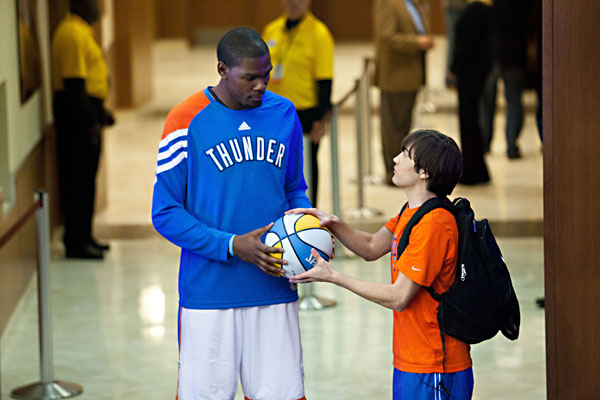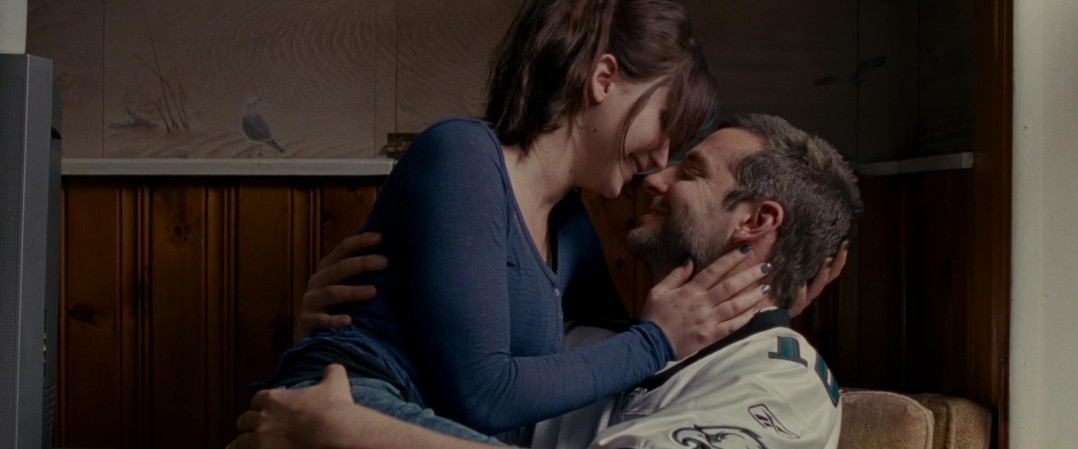Directed by Steven Spielberg.
2012. Rated PG-13, 150 minutes.
Cast:
Gloria Reuben
James Spader
Bruce McGill
Lee Pace
Gulliver McGrath
Having just been re-elected as President of the United States, with the Civil War still raging on, Abraham Lincoln (Day-Lewis) focuses his efforts on getting the 13th Amendment to the Constitution passed which will abolish slavery in America. As with most laws that most presidents want passed, there is almost total support from his own party, Republican in this case, and almost none from the other. Some swaying must be done. To complicate matters, he wants it to pass in a rather short period of time since the South appears ready to negotiate an end to the war. However, he knows that any agreement they settle on would have to include the survival of slavery. Amidst pressure from everyone around him, Lincoln stays his course.
As has been said so many times already, Daniel Day-Lewis inhabits the character to such a degree he is truly lost within Abraham Lincoln. We see him as a man who, in his professional capacity, has an enormous presence. He fills the room both literally and figuratively. If not always complete confidence, he oozes authority. Leadership seems to come easy for him. We can see why people follow him. On the other hand, we can also see he's flawed. Political opponents see him as abusive of his power and/or chasing a pipe dream. Privately, his marriage is contentious and he's completely stifling his older son Robert (Gordon-Levitt) in order to protect his wife's well-being since she teeters on the verge of a complete breakdown. In the role of First Lady Mary Todd Lincoln, Sally Field is nearly her leading man's equal, coming apart at the seams one moment and the very picture of composure the next. When neither of those two are on the screen, the movie is carried by a magnificent Tommy Lee Jones who give his most inspired performance in years playing Republican Congressional Leader Thaddeus Stevens.
Carrying the weight of history, the plot unfolds in a riveting manner. This is because the supporting cast is allowed ample room to breathe. In a departure from most contemporary films, especially biopics, much happens when our hero is not on the screen. He spends large chunks of the movie off-camera while we watch the bickering going on in the House of Representatives. These spirited debates mostly take the place of action scenes. Though there are a few actual battle scenes, the high powered pontification on display is more entertaining. These guys, led by the aforementioned Jones, don't just argue. They scream, shout and string together fifty cent words all to the cheers and jeers of a crowd. Then there's the covert vote-grabbing operation going on initiated Secretary of State William H. Seward (Strathairn). There are a few times when the movie drags as the same arguments are repeated but usually something else happens that snaps us out of it.
For director Steven Spielberg, in my very humble opinion, this is his easily his finest directorial outing since Munich and quite possibly his best since Saving Private Ryan. The Adventures of Tintin, the best of his three movies since Munich is merely okay. It has it's moments. The last Indiana Jones flick left a lot to be desired. Finally, War Horse was somehow nominated for Best Picture last year but is just a dreadful, overwrought, unstoppable force of cheesiness. Lincoln also has its share of the director's trademarked sentimentality and even some corniness. The opening scene where soldiers take turns reciting the president's most famous speech to him comes to mind. Thankfully, that sort of stuff is ratcheted down a thousand notches from War Horse. We're left with a wonderful biopic and Daniel Day-Lewis' performance for the ages.
MY SCORE: 9/10






















